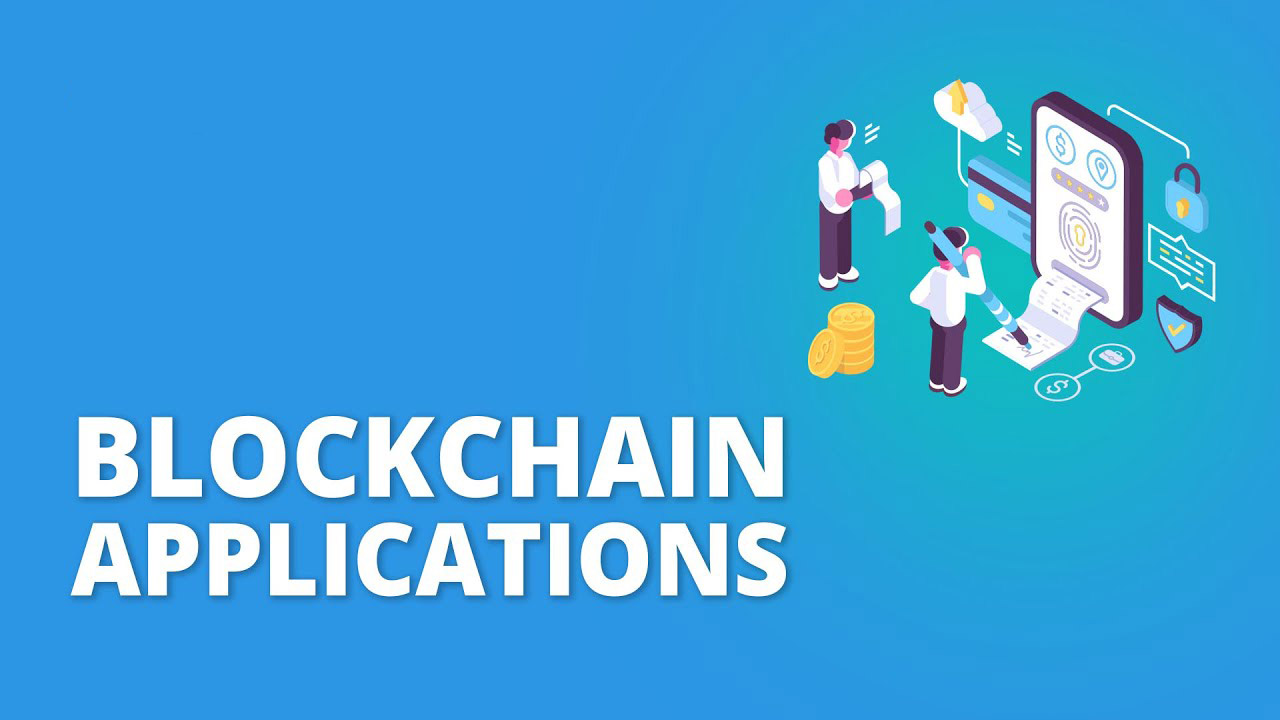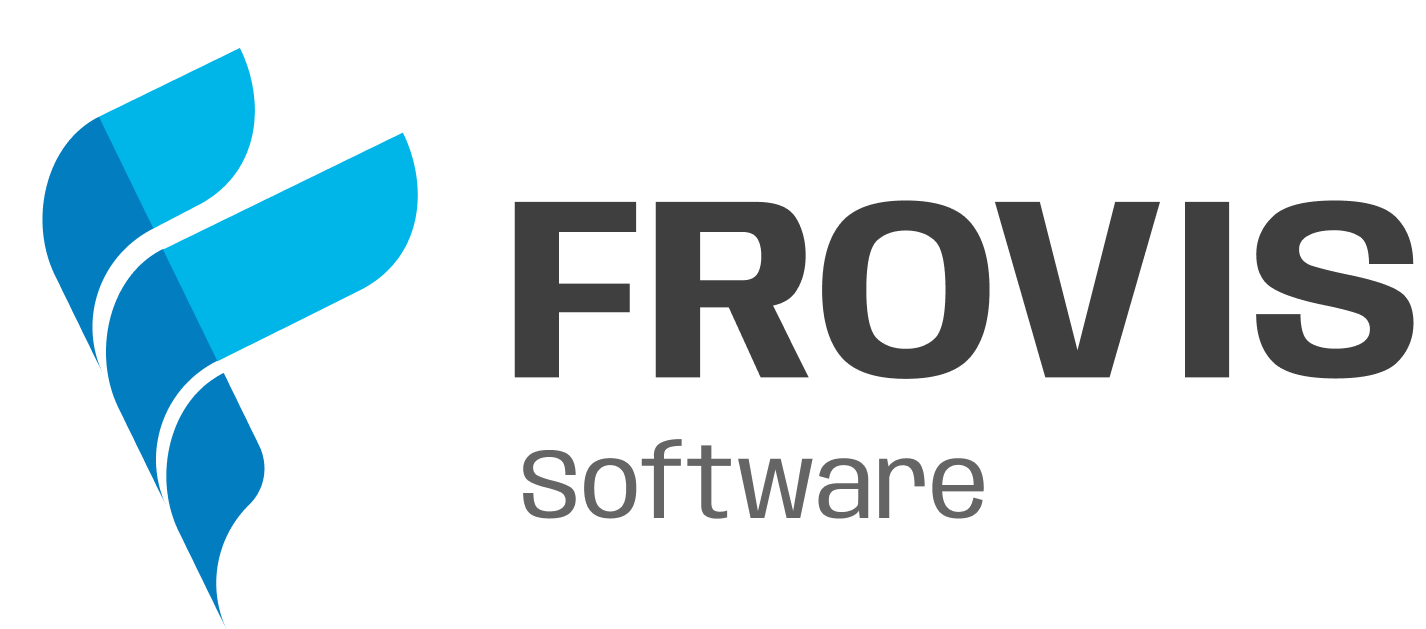- contact@frovis.com
- 50 Mieu Dam, Me Tri, Nam Tu Liem, Hanoi
Blockchain Applications: What Is Blockchain Used For?

Blockchain Applications: What Is Blockchain Used For?
Blockchain is a functional and distributed recording technology developed as part of the first electronic money system - Bitcoin. It has attracted wide interest and use in various fields due to its security, transparency and operability. It allows users to record and verify transactions and information in a secure and immutable manner. It is a series of data blocks that are securely linked together and integrity guaranteed through cryptographic encryption and Royalty Payments
In this article, we are going to explore Blockchain applications in various sectors, from common areas like healthcare to new ones such as cryptocurrencies.
Financial Services
Blockchain has the potential to revolutionize traditional financial systems. It can facilitate faster and more secure cross-border payments, streamline remittances, enable peer-to-peer lending, and provide decentralized financial services without intermediaries.Blockchain technology can improve identity verification and Know Your Customer (KYC) processes. It allows individuals to maintain control over their personal data while securely verifying their identity, reducing the risk of fraud and enhancing trust in financial transactions.
Identity Verification
Blockchain can be used to establish digital identities and provide secure authentication. It enables individuals to maintain control over their personal data and share it securely when needed, which can be useful in areas such as voting systems, healthcare records, and identity verification processes. It allows individuals to maintain control over their personal data while securely verifying their identity, reducing the risk of fraud and enhancing trust in financial transactions.
Smart Contracts
Blockchain platforms like Ethereum facilitate the creation and execution of smart contracts. Smart contracts are self-executing agreements that automatically enforce predefined conditions and terms. They eliminate the need for intermediaries, reduce costs, and increase transparency and efficiency in financial agreements, such as loans, insurance, and derivatives.
Healthcare
Blockchain has the potential to improve the interoperability, security, and privacy of healthcare data. It can facilitate secure sharing of patient records among healthcare providers, track the supply chain of pharmaceuticals, and streamline clinical trials and research data management.
Collaborative Innovation
Blockchain technology can facilitate decentralized collaboration and incentivize the sharing of intellectual property assets among innovators. By creating a trusted environment where contributors can securely share ideas, research, and prototypes, blockchain-based platforms can foster innovation while protecting the rights and interests of the participants.
Cryptocurrencies
Blockchain gained prominence with the advent of cryptocurrencies like Bitcoin. It serves as a decentralized ledger to record and verify digital transactions, providing security, transparency, and immutability.
Licensing and Royalty Payments
Blockchain-based smart contracts can automate the licensing process and ensure transparent royalty payments for the use of intellectual property. Smart contracts can be programmed to automatically enforce licensing terms, track usage, and distribute royalties to the rightful owners, reducing administrative costs and eliminating the need for intermediaries.
For more information about Frovis, you can check here:
🌐 𝐖𝐞𝐛𝐬𝐢𝐭𝐞: https://frovis.com/
📍 𝐀𝐝𝐝: 174/2 Tran Duy Hung, Cau Giay, Hanoi
📧 𝐄𝐦𝐚𝐢𝐥: contact@frovis.com
☎️ 𝐓𝐞𝐥: (+84) 869681992



